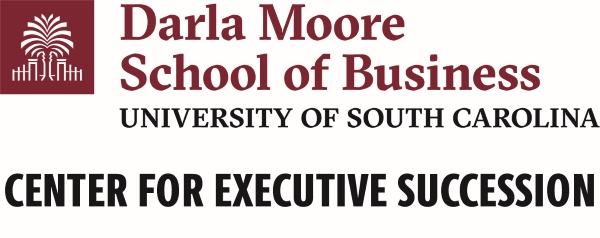Document Type
Report
Abstract
The 2013 HR@Moore Survey of Chief HR Officers (formerly the Cornell/CAHRS Survey of Chief HR Officers) focused on the Chief HR Officer’s (CHRO) role in the CEO succession process. The survey revealed three key internal actors to the succession process: The incumbent CEO, the potential successor candidates, and the Board of Directors (BOD). Quantitative results revealed that over 80% of BODs design exposure for successor candidates, have a defined ownership of the succession process, conduct ongoing assessment of candidates, and schedule conversations with the CEO. However, 60% or fewer companies have developed a role profile for the future CEO based on a 5+ year strategy, provide a feedback process for candidates, have tools for talent assessment, include succession discussions in board minutes, develop role profiles for potential successors, or explore the external market for successors. CHROs play a key role in helping successor candidates through the process. They begin by designing development plans using the CEO competencies as the ideal profile, then coach the candidates, identify development opportunities, oversee 360-degree feedback assessments, and secure external coaches for them. CHROs act as critical partners to CEOs regarding succession through helping them to identify the profile of the “future” CEO, encouraging CEOs in ways to develop their potential successors, providing assessment tools and development plans for the successors, and discussing candidates with the CEO. On the other hand, discussions about the capabilities and potential of specific candidates and the timing for succession tend to be the most difficult conversations CHROs have with CEOs. CHROs help the board by providing an effective process for succession, forcing the development of a “future” CEO profile, providing objective assessments of candidates, and providing ways of exposing the various candidates to the board. CHROs reported a number of different ways of enabling BODs to gain exposure to potential successors through mechanisms such as having them attend BOD dinners, one-on-one meetings, and accompanying the candidates on customer visits. CHROs also help develop their own successors similar to how firms develop CEO successors. They provide successors exposure to the board, to the CEO, and to the Executive Leadership team. They provide experiences in generalist, talent, and executive compensation roles. Finally they educate successors through mentoring/coaching and sending them to formal educational events.
Publication Date
2013
Disciplines
Business
Copyright
© 2013, University of South Carolina
Publication Info
2013.


